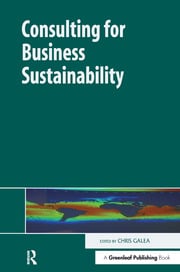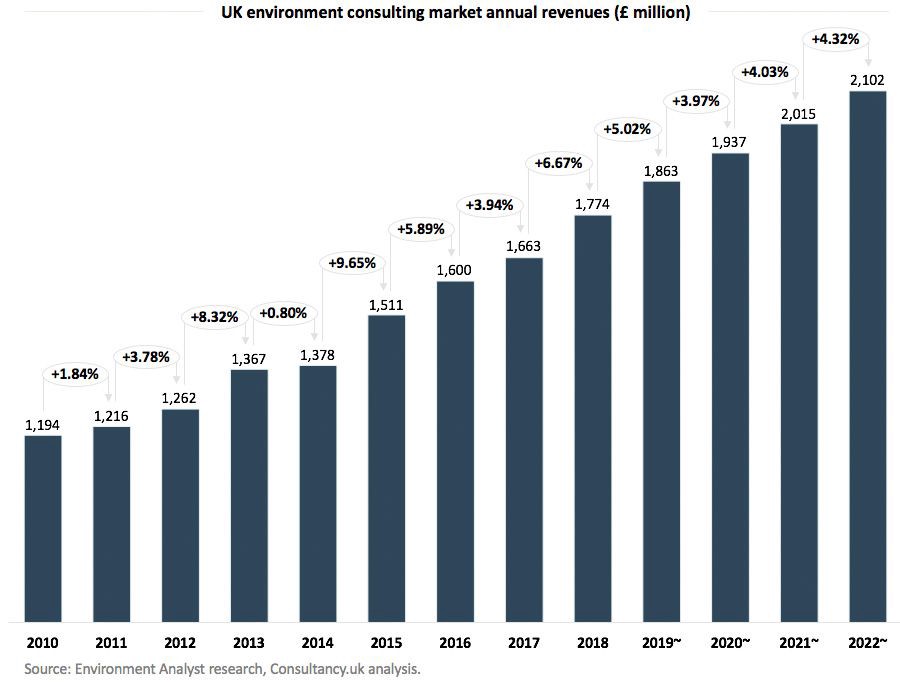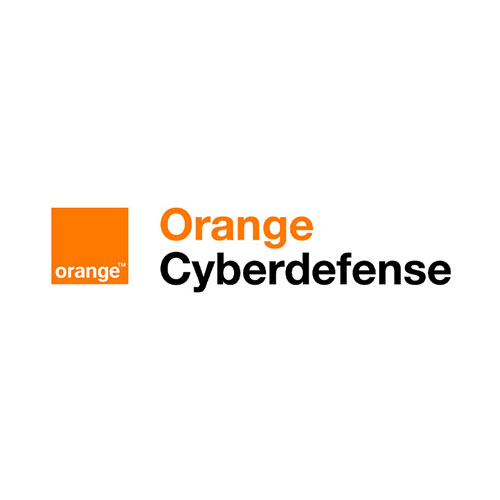
An environmental practitioner is responsible for monitoring pollution levels in the air, water, or noise. He also provides advice to businesses on legal obligations and standards for workplace health and safety. They are often asked to help with emerging diseases or natural disasters. Find out the duties and responsibilities associated with this job. Read on to learn about the typical day of an environmental health professional.
Environmental health practitioners monitor pollution levels in the air, water and noise
They are trained to monitor the levels of pollution in water, air and noise to protect public health. They analyze data to identify the sources of pollution and ways to combat it. They might work for industry, consulting firms or government agencies. Consulting firms can place a focus on one area or assess safety at a site. Many environmental health practitioners working in industry travel to other industrial sites to perform assessments. They may also participate in disaster relief efforts. They often race to disaster zones to assess risk and speed up cleanup efforts.
A four-year college degree in science is usually required for environmental health professionals. Certain states require that these professionals have a certain amount of experience and pass a licensing examination to become certified. Many environmental professionals have a master's degree. The National Environmental Health Science and Protection Accreditation Council has accredited most of the environmental health degree programs, which ensures a skilled workforce.

They offer advice on legal obligations for businesses
Business owners can seek the advice of environmental health specialists to help them understand their legal obligations with respect to the environment and health. They collaborate with other professionals to ensure standards are met and pollution levels are low. Many environmental health practitioners work under pressure, often with tight deadlines. These professionals may work for many different clients, such as manufacturers and service firms to restaurants and shops.
To become an environmental health practitioner, you must complete an accredited course. You must pass an exam and submit a comprehensive portfolio. Portfolios can be included in your degree program, or they can be completed after graduation. Take as many life sciences and math courses as you can during your studies. It is important to get as much practical experience as possible, such as volunteering at public health agencies or designing science fair projects related to pollution.
They provide advice on safety and health standards for the workplace
They are trained to recognize and control hazards that can affect human safety and health. They could work for the government, as well as in industries or commercial businesses. They may also be self-employed. These responsibilities typically include advising on the safety standards for work environments and implementing policies that protect employees' health.
An environmental practitioner is responsible for ensuring that health and safety standards are maintained, as well as protecting the environment. They provide education and supervision to ensure standards are met. These professionals could also be called environment health officers, depending on what their specialization is. Their primary responsibility lies in promoting healthy environments and decreasing health hazards. They are also responsible for investigating, preventing, and monitoring food and water.

They offer advice on climate change
These environmental health professionals advise on health and the environment. This work often takes place in partnership with both public and private sectors. Their responsibilities include the prevention and management of communicable diseases, water safety, food safety, and surveillance of premises. These professionals are also responsible for controlling vectors and preventing environmental pollution.
Many environmental health professionals work in government agencies or engineering plants. This often requires them to travel. Their job requires many skills and is complicated. Their goal is to reduce pollution and protect public health.
FAQ
How can I be a successful consultant?
Finding a passion area is the first step. First, build relationships. Understanding your clients' needs and operating style is essential. The final step is to provide results.
While you don’t necessarily have to excel at every task, you should be better than all the rest. You need passion for what your do. It is not enough to simply say, "I want to become a consultant." It is important to believe in yourself and the work you do.
What can I anticipate from my consultant
After you have selected your consultant, expect to hear from them within a few business days. They will typically ask for information about the company, such as its mission, goals. products and services. budget. After receiving this information, they will prepare a proposal outlining their scope of work, estimated timeline, fees, deliverables and milestones.
If all goes according to plan, the two sides will sign a written deal. The type relationship between the two sides (e.g. employee-employer or independent contractor-employer) will dictate the terms of the contract.
If everything goes smoothly, the consultant can begin work immediately. The consultant will have full access to your files and resources. You'll also have access to their skills and knowledge.
Don't assume that someone who is a consultant knows everything. It takes effort and practice to become an expert in whatever field you consult. Do not expect your consultant to be an expert in every aspect of your business.
What industries use consultants
There are many different types of consultants. There are many types of consultants. Some specialize in one type of business, while others can handle multiple areas.
Some consultants work only for private companies, while others represent large corporations.
And some consultants work internationally, helping companies all over the world.
How is consulting different from freelancing
Freelancers are self-employed individuals who offer their services to clients without employees of a company or agency. They usually charge an hourly rate based on how much time they spent on a project. Consultants work for companies and agencies that employ them. Their salaries are paid usually monthly or annually.
Consultants have less flexibility than freelancers because they can control their work hours, and set their own prices. Consultants often offer better benefits such as vacation days and retirement plans, health insurance, and vacation days.
Why do you need consultants?
There are many factors that could lead to you hiring consultants.
-
Perhaps your company has a specific problem or project you need to address
-
You are looking to learn new skills or improve your existing skills
-
You want to work closely with experts in a certain field
-
No one else is available to take on the task.
-
You feel overwhelmed by all the information and don’t know where to begin.
-
You can't afford full-time employment
Word of mouth is the best way to find a great consultant. Ask your friends and colleagues if they know of any trustworthy consultants. If you are already acquainted with someone who works as an advisor, ask them for recommendations.
If you're interested in using online directories, such as LinkedIn, you can use the "Search People” feature to find consultants near your location.
How long does it take to become a consultant?
The amount of time needed depends on your industry and background. Most people start out with a few months before they find work.
However, consultants can spend many years learning before they are able to find work.
How do I choose a consultant?
There are three main factors to consider:
-
Experience - How many years of experience is this consultant? Is she a beginner, intermediate, advanced, expert, or something else? Does her resume reflect the knowledge and skills she has?
-
Education - What did this person learn during school? Did he/she study any relevant courses after graduating from high school? Is there evidence that he/she learned from the writing style?
-
Personality: Do you like this person or not? Would we prefer him/her working for us?
-
These questions can help you determine whether the consultant is right for your needs. If you don't have clear answers, it may be worth meeting with the candidate for an interview.
Statistics
- According to IBISWorld, revenues in the consulting industry will exceed $261 billion in 2020. (nerdwallet.com)
- WHY choose me: Why your ideal client should choose you (ex: 10 years of experience and 6-week program has helped over 20 clients boost their sales by an average of 33% in 6 months). (consultingsuccess.com)
- On average, your program increases the sales team's performance by 33%. (consultingsuccess.com)
- Over 50% of consultants get their first consulting client through a referral from their network. (consultingsuccess.com)
- So, if you help your clients increase their sales by 33%, then use a word like “revolution” instead of “increase.” (consultingsuccess.com)
External Links
How To
What's a typical day like for a Consultant?
A typical day will vary depending on the type of work you are undertaking. But, in general, you will spend your time researching, planning and meeting new clients.
You will have many meetings where clients and you can discuss their issues. These meetings may be over the phone via email, on-line, or face-to–face.
Also, proposals are documents that outline your ideas or plans for clients. These proposals will be presented to clients by you and a mentor.
After all the planning and preparation, you will have to produce some content. You might be creating articles, videos, editing photos, writing interviews, or designing websites.
Depending on the scope of the project, you may need to do some research in order to gather relevant statistics or figures. It may be necessary to know how many customers are currently using your products or services.
Once you have all the information needed, it is time for clients to see your findings. Your findings can be presented orally or written.
After your initial consultation, you should follow up with your clients. You could phone them occasionally to check on things or send an email asking them to confirm that you have received their proposal.
While this can be a slow process, it's essential to remain focused and maintain good working relationships with clients.